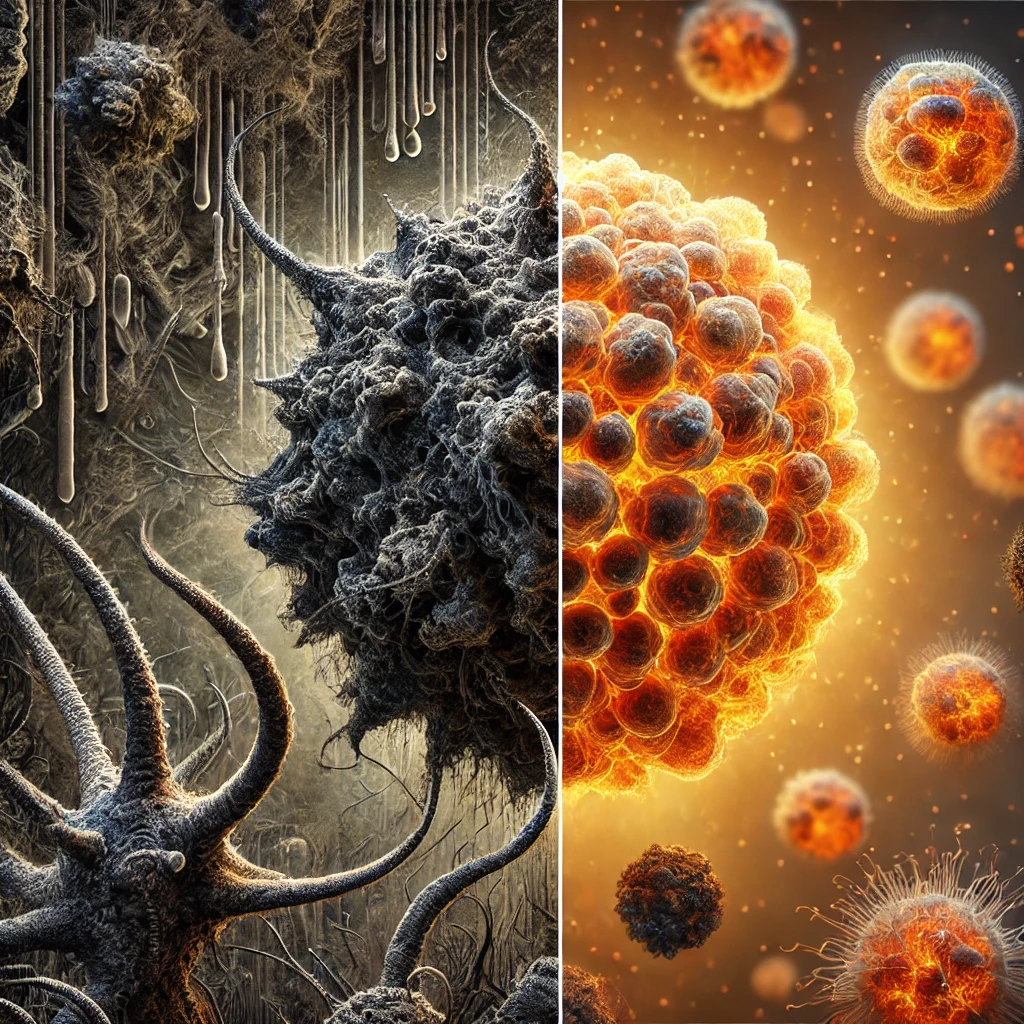Scientists Found A Way To Turn Cancer Cells Back Into Normal Cells

The researchers used a sophisticated digital model of the gene networks found in healthy cells to identify the key molecules responsible for cell differentiation—the process by which cells develop into specialized forms. By targeting and suppressing these molecules in colon cancer cells, they successfully restored the cells to a normal-like state. Remarkably, this process eliminates the threat of cancer without destroying cellular material, offering a far less invasive and harmful alternative to existing treatments.
This innovative approach has been rigorously tested across multiple platforms, including digital simulations, molecular experiments, and preclinical trials in mice, all of which have shown promising results. The researchers believe this discovery could pave the way for a new class of cancer therapies aimed not at destroying cancer cells but at restoring them to their original, healthy functions. Such treatments could dramatically reduce side effects while improving patient outcomes.

The team also demonstrated the versatility of their digital modeling tool by applying it to mouse brain cells, identifying similar molecules that could be targeted in other types of cancer. This suggests that the technique has the potential to treat a wide range of cancers, further broadening its impact. Beyond cancer treatment, this breakthrough provides valuable insights into the intricate processes of cell development and differentiation, which could also have profound implications for regenerative medicine and related fields.


